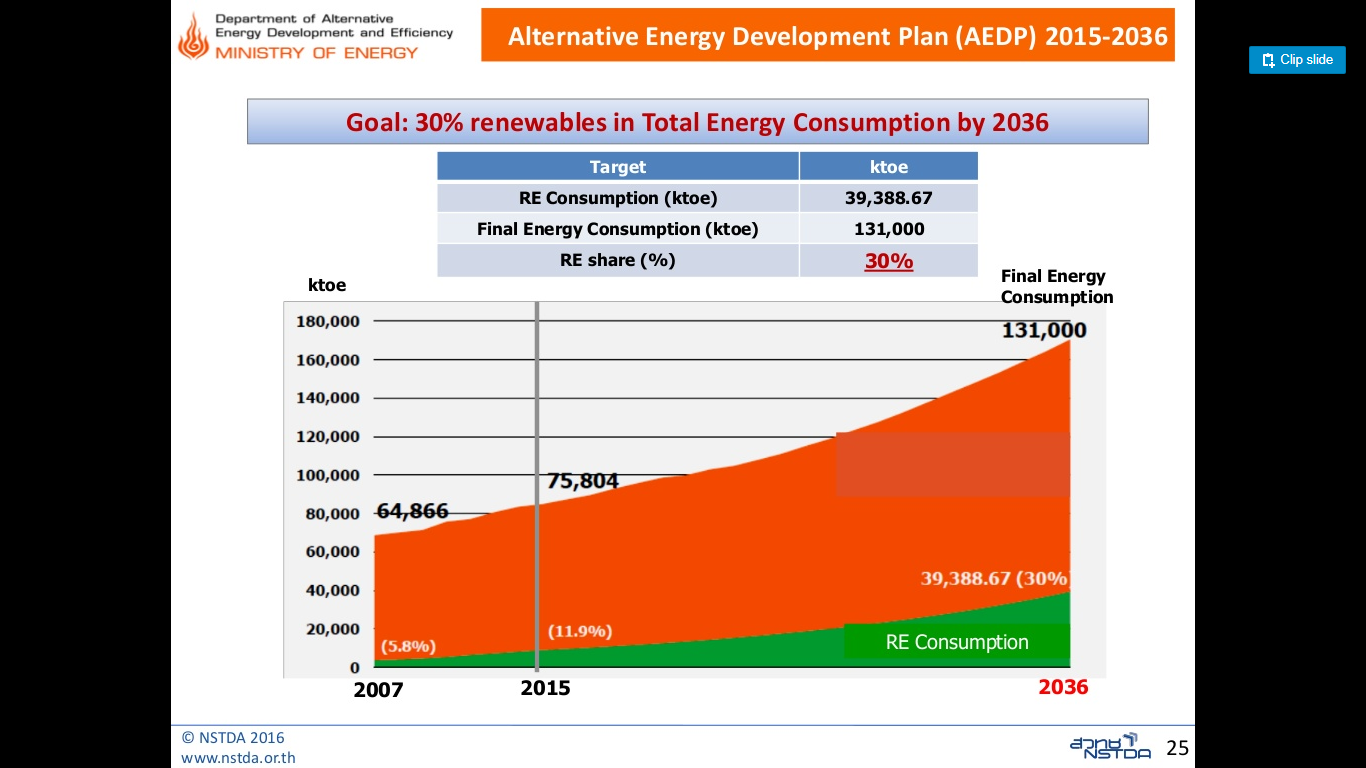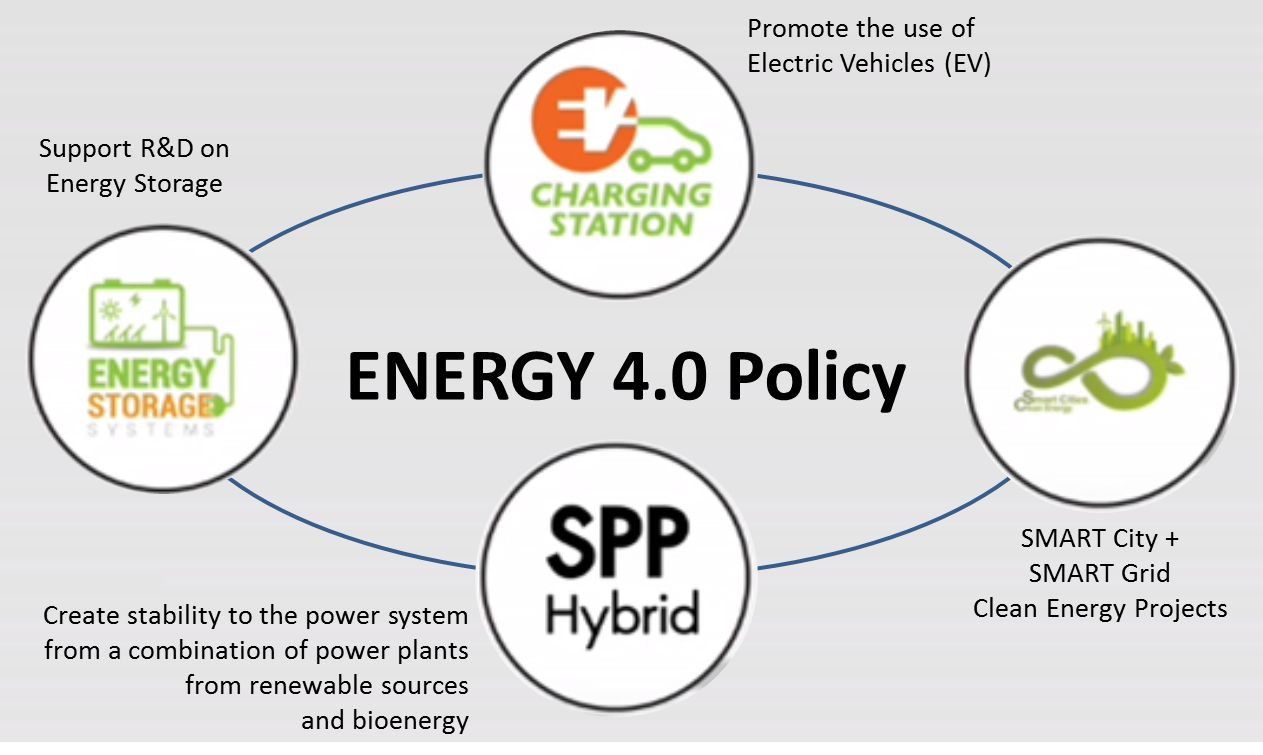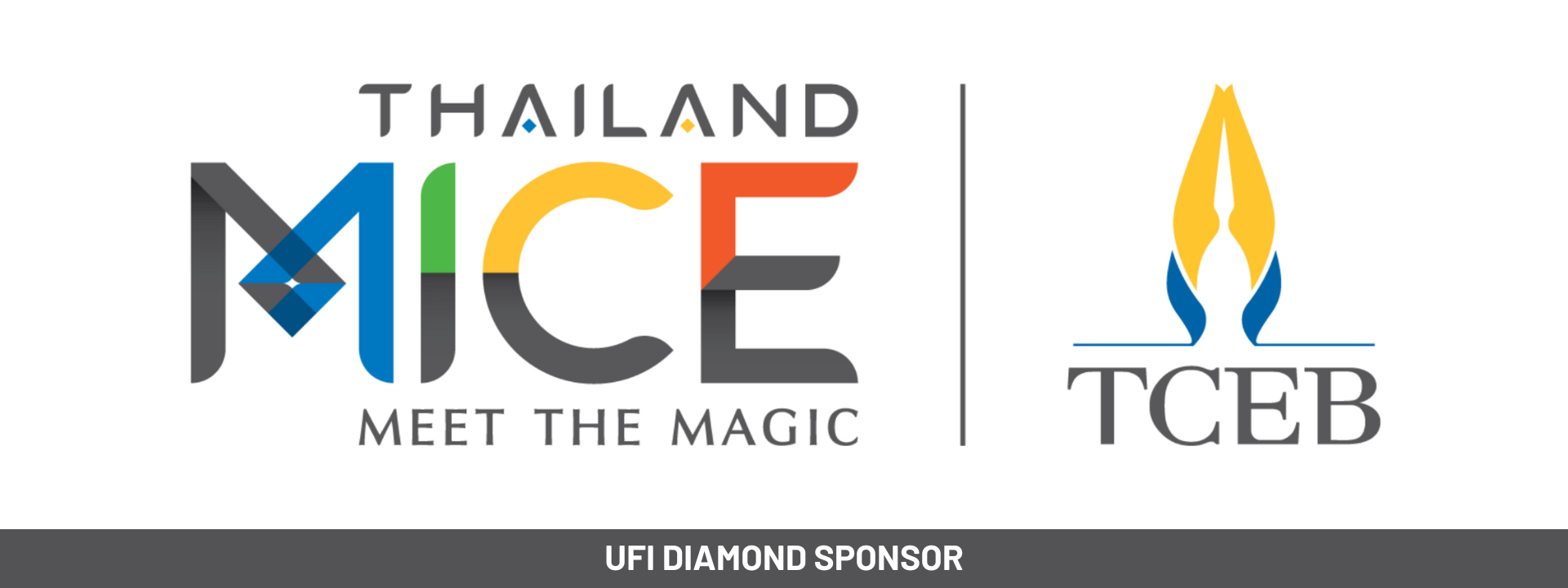
Blogger: Mrs. Jaruwan Suwannasat Director, Exhibition and Events Department of TCEB
Thailand has made great efforts to reduce its dependence on imported and fossil fuel energy in recent years, doubling its production of renewable-energy to 30 per cent by 2036. The government aims to reduce greenhouse gases by 25 per cent in the same period; a bold commitment given Thailand’s fast growing and power hungry middle class.
The country is well positioned to lead the development of renewable energy in not just South East Asia but global markets, because today many trends are emerging that put Thailand front and centre of the development of renewable energy sources.
These trends include US and European regulations on trans-fat foods shifting demand towards non-soybean biofuels produced by countries such as Thailand and its neighbours Malaysia and Indonesia, as well as the falling cost of solar power, which has led to a global power capacity increase of 305 gigawatts; up from around 50 gigawatts in 2010.

Another key energy industry emerging in the Southeast Asian market is the deployment of microgrids; small-scale, localised power stations than can operate independently of the central energy grid. These typically feed off renewable energy resources such as solar, wind, biomass and geothermal, in addition to traditional fossil fuel generators, in more remote areas of the country.
So what does this mean for exhibition organisers seeking to make an impact in Thailand and South East Asia? Asia Power Week 2017, which took place in Bangkok on 19-21 September, was attended by Thailand’s Energy Vice Minister General Surasak Srisak who used the event to explain that Thailand’s ambitious goals mean the related parties “have to double their capacities”.
“It is significantly necessary for all sectors to join forces in order to make this national effort a success,” he said. “The Energy Ministry is delighted that Asia Power Week, marking its 25th anniversary, will support Thailand’s direction towards the future of energy sustainability under the Thailand 4.0 policy.”

Sustainable Energy and Technology Asia, which also took place in Bangkok in March, the Thailand Energy Saving Expo 2018 and June events Asian Utility Week 2018 and ASEAN Sustainable Energy Week 2018, also brought the industry together to champion modern, clean energy in a region increasingly dependent on locally derived power.
These exhibitions provide a platform for firms hoping to form the relationships that shape the future of power generation and power distribution industry in South East Asia and beyond.
Today Thailand is no longer simply a manufacturer of products pertaining to renewable energy, but an avid consumer; both exhibitors and buyers have an equal interest in exhibitions for the industry.






Leave A Comment